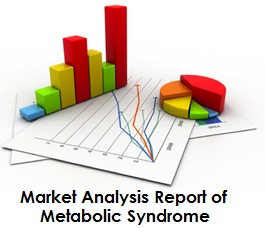
Sergio Wehinger
University of Talca, Chile
Title: Characterization of Caveolin-1 null mice in sensitization to lipotoxicity in murine pancreatic islets subjected to a high fat diet
Biography
Biography: Sergio Wehinger
Abstract
Introduction: Elevated levels of fatty acids (FFA) induce cellular dysfunction, leading to a phenomenon known as “lipotoxicity”, which involves insulin resistance and beta pancreatic cell damage, events that has been observed in Metabolic Syndrome, favoring the development of type 2 diabetes mellitus (T2DM). Although several studies have addressed lipotoxicity in beta cells, many aspects of cellular pathways involved remain to be defined. We previously reported that the expression of the protein caveolin-1 (CAV1) promotes lipotixicity-induced apoptosis in vitro in a mouse beta cell line (Wehinger et al, 2015). However, if this phenomenon is pathophysiologically relevant in a whole organism, remains to be elucidated.
Strategy to address the problem: We evaluated the metabolic profile of C57BL/6J wild type (WT) and CAV1-null mice exposed to a High Fat Diet (HFD: 60% fat) for three months as well as the viability of pancreatic islets from these animals. We founded that CAV-1 null mice showed higher levels of triglycerides and cholesterol compared to WT mice, although null mice presented a better response to the glucose tolerance test. Finally, islets from CAV-1 null mice showed lower levels of apoptosis after HFD.
Conclusion: Although null mice showed a metabolic profile apparently more lipotoxic, they were more resistant to the deleterious effects on beta islets, accordingly with our previous results in vitro. Understanding the signaling pathways associated with FFA-induced beta cell demise could help to identify targets for advanced therapies in preventing T2DM derived from
Metabolic Syndrome.

